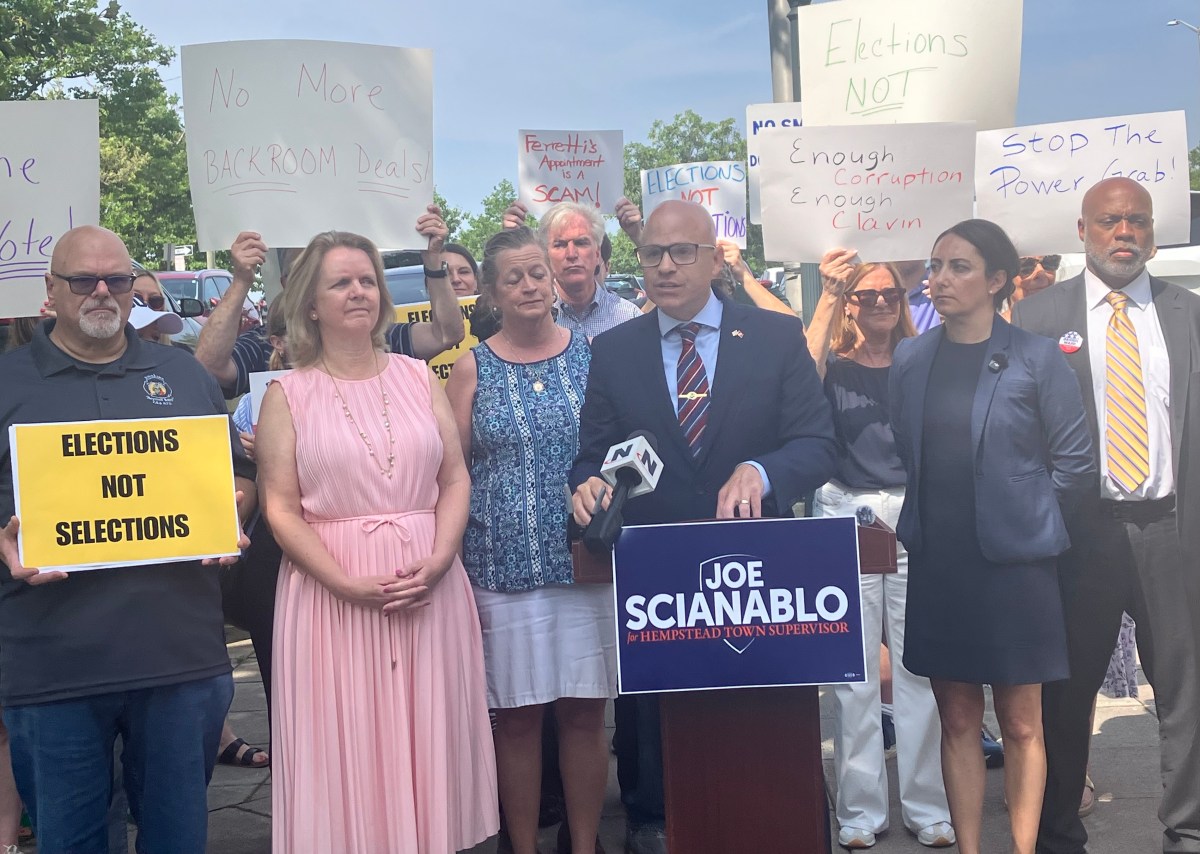US Rep. Hakeem Jeffries (NY-08), a member of House Democratic leadership and the Judiciary Committee, along with US Rep. Trey Gowdy (SC-4), a Republican member of the Judiciary Committee, this week introduced the “Renew Act,” a bipartisan measure to reduce corrections costs and help young ex-offenders become productive citizens.
“This is a common-sense measure that will improve the lives of millions of people across New York City and this great nation,” said Jeffries, whose district encompasses parts of Brooklyn and Queens.
“It serves as a ripple of hope that will allow hardworking people to get back to work and provide for their families,” he added. “Rep. Gowdy should be applauded for his leadership in this regard.”
Gowdy said federal convictions for non-violent low-level drug offenders often prevent young individuals from finding work, housing and education, posing additional challenges as they work to transition back into society.
“By raising the expungement eligibility age from 21 to 25, the Renew Act promotes opportunities for young former offenders and reduces the risk of recidivism,” he said. “I want to thank Rep. Jeffries for his longstanding commitment to promoting a fair and equal justice system and for his bi-partisan effort on this bill.”
Jeffries noted that, in 1984, President Ronald Reagan signed into law 18 U.S.C. § 3607, which allows a young person convicted of misdemeanor possession to expunge that conviction if that person meets a certain criteria.
The criteria comprises committing the offense while under age 21; the individual is a low-level, first-time state or federal drug offender; the court uses its discretion to order the individual to probation; and that person successfully completes probation.
If those conditions are met, Jeffries said then the misdemeanor possession is expunged and “shall not be considered a conviction for the purpose of a disqualification or disability imposed by law.”
Jeffries said the Renew Act would increase the expungement eligibility age from 21 to 25.
He said this will allow judges to use their discretion under Section 3607 to help more young people earn probation needed to expunge a misdemeanor possession.
Jeffries said the bill has widespread bipartisan support from groups including: Americans for Tax Reform, American Conservative Union, American Legislative Exchange Council, Faith and Freedom Coalition, Justice Action Network, Prison Fellowship and Right on Crime.
























